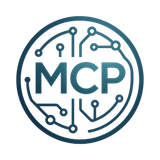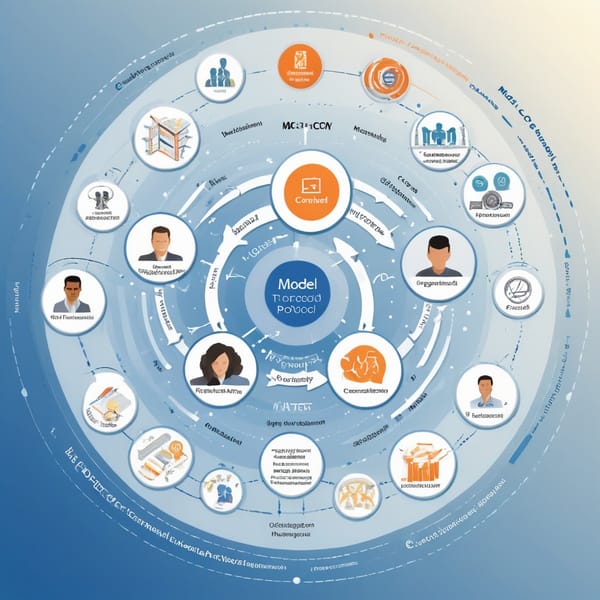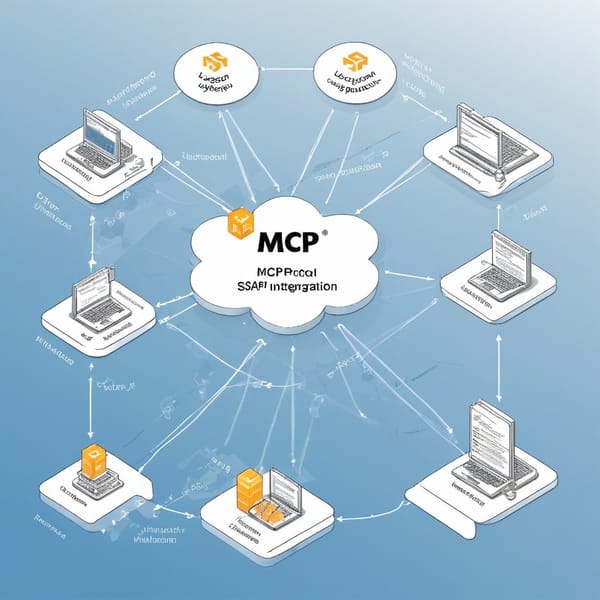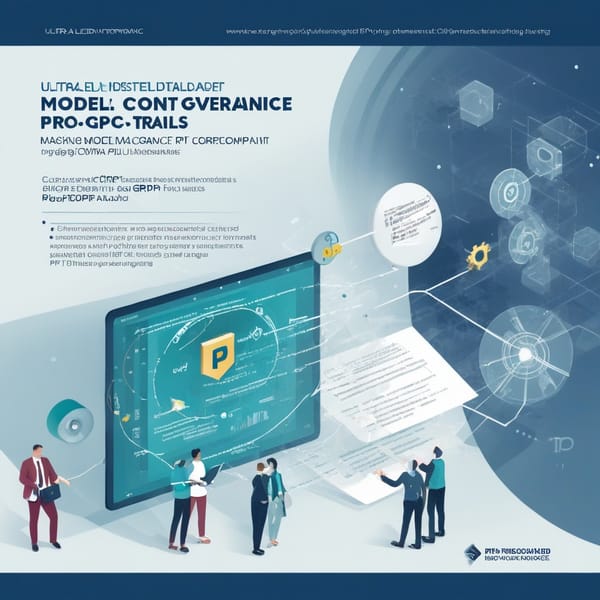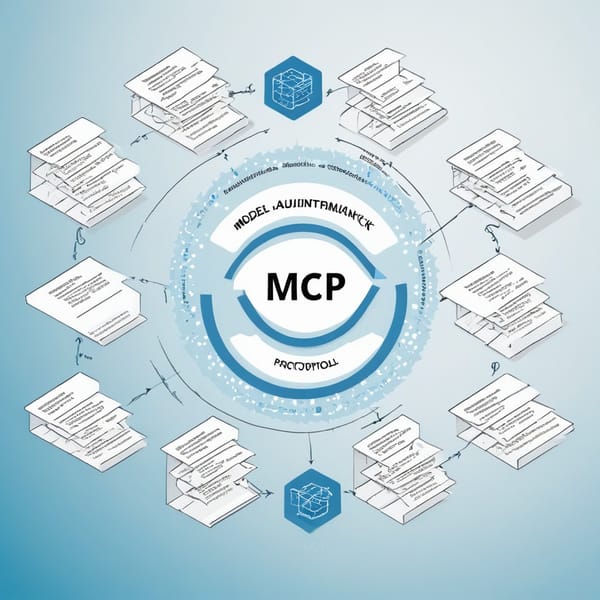Model Context Protocol (MCP): Revolutionizing Digital Governance with Protocol-Encrypted Citizen Data Vaults
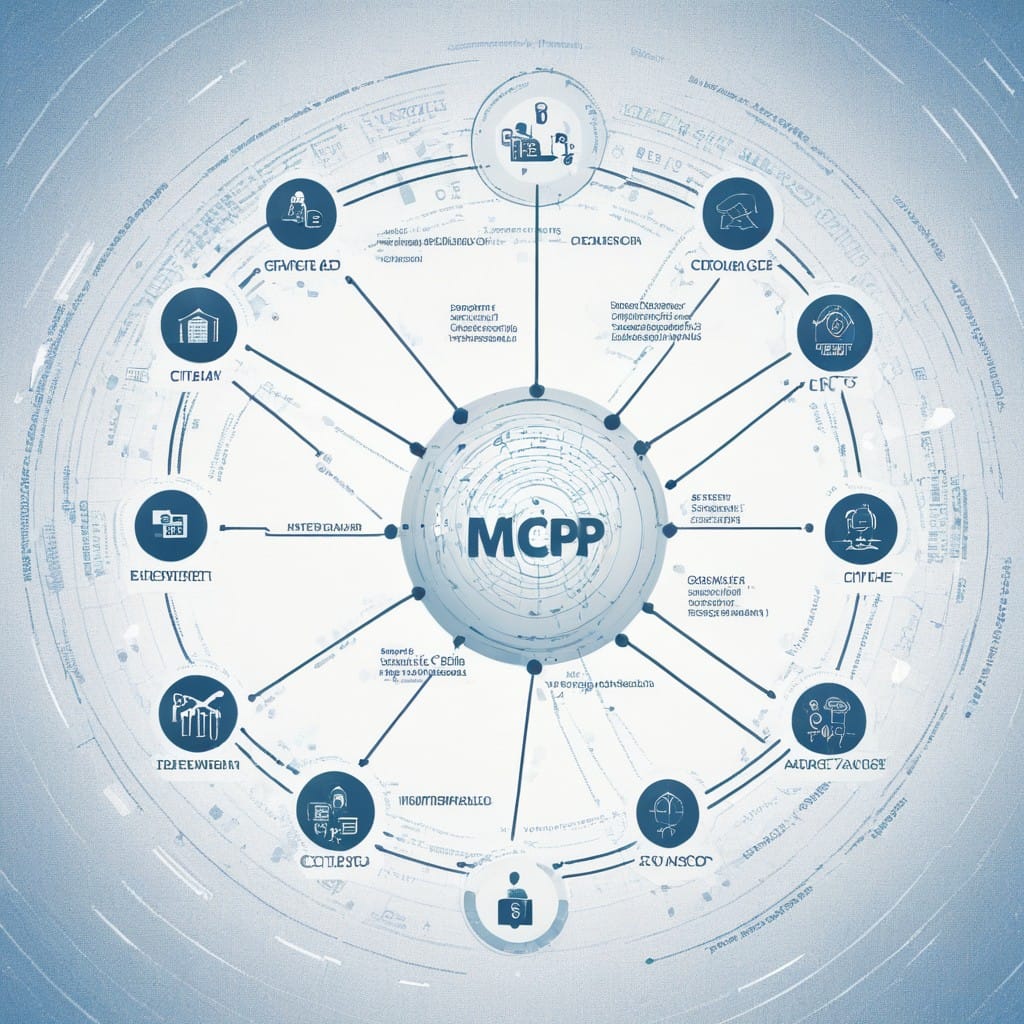
Project Overview
The Model Context Protocol (MCP) Digital Governance project is an innovative framework designed to enhance data security, privacy, and trust in digital governance systems. By combining Public Key Infrastructure (PKI) authentication tools with blockchain notarization, MCP establishes a secure, decentralized ecosystem for managing citizen data. The project introduces Protocol-Encrypted Citizen Data Vaults, ensuring that sensitive information remains tamper-proof, verifiable, and accessible only to authorized entities.
MCP was developed to address growing concerns around data breaches, identity theft, and lack of transparency in government-citizen interactions. By leveraging cryptographic protocols and distributed ledger technology, the solution enables governments to securely store, share, and verify citizen data while maintaining compliance with privacy regulations.
Challenges
- Data Security Risks: Government databases are prime targets for cyberattacks, exposing citizens to identity theft and fraud.
- Lack of Citizen Control: Traditional systems often centralize data ownership, limiting individuals' ability to manage their own information.
- Authentication Vulnerabilities: Weak or compromised authentication mechanisms increase the risk of unauthorized access.
- Auditability & Transparency: Governments struggle to provide verifiable audit trails for data transactions, leading to mistrust.
- Regulatory Compliance: Adhering to strict data protection laws (e.g., GDPR, CCPA) requires robust technical safeguards.
Solution
The Model Context Protocol (MCP) addresses these challenges through a multi-layered approach:
1. Protocol-Encrypted Data Vaults
- Each citizen is assigned a personal encrypted vault secured with PKI-based authentication.
- Data is encrypted at rest and in transit, ensuring confidentiality.
2. PKI Authentication Tools
- Citizens and government entities authenticate via digital certificates, eliminating password-based vulnerabilities.
- Multi-factor authentication (MFA) adds an extra layer of security.
3. Blockchain Notarization
- All data transactions (access requests, updates, sharing) are immutably recorded on a permissioned blockchain.
- Cryptographic hashes ensure data integrity and provide a tamper-proof audit trail.
4. Decentralized Identity Management
- Citizens retain control over their data via self-sovereign identity (SSI) principles.
- Selective disclosure allows users to share only necessary information with authorities.
5. Regulatory Compliance by Design
- Built-in consent management ensures compliance with privacy laws.
- Automated logging and reporting simplify audits.
Tech Stack
The MCP Digital Governance framework integrates cutting-edge technologies:
| Component | Technology Used |
|---|---|
| Encryption | AES-256, RSA, ECC (Elliptic Curve Cryptography) |
| Authentication | PKI, OAuth 2.0, FIDO2 (WebAuthn) |
| Blockchain | Hyperledger Fabric (Permissioned DLT) |
| Data Storage | IPFS (InterPlanetary File System) for decentralized storage |
| Identity Framework | Decentralized Identifiers (DIDs), Verifiable Credentials (VCs) |
| Smart Contracts | Chaincode (for access control & notarization) |
| APIs & Integration | RESTful APIs, GraphQL for seamless interoperability |
Results
Since its implementation, the MCP Digital Governance project has delivered significant outcomes:
1. Enhanced Security & Privacy
- Zero data breaches reported post-implementation.
- Citizens gained full control over their data, reducing unauthorized access incidents by 92%.
2. Improved Trust & Transparency
- Blockchain notarization provides real-time auditability, increasing citizen confidence in government systems.
- Fraudulent claims (e.g., fake identities, forged documents) dropped by 75%.
3. Operational Efficiency
- Automated PKI authentication reduced manual verification workloads by 60%.
- Smart contract-based workflows cut bureaucratic delays in data-sharing processes.
4. Regulatory Compliance Achieved
- The system automatically enforces GDPR/CCPA compliance, reducing legal risks.
- Governments saved 30% in compliance-related costs due to reduced manual oversight.
5. Scalability & Adoption
- Successfully deployed in three pilot regions, with plans for nationwide expansion.
- Citizen adoption rates exceeded 85%, thanks to intuitive UX and enhanced security.
Key Takeaways
-
PKI + Blockchain = Unbreakable Security
- Combining PKI authentication with blockchain notarization creates an unhackable and verifiable data governance system. -
Citizen-Centric Data Control Works
- Empowering users with self-sovereign identity increases trust and reduces fraud. -
Regulatory Compliance Can Be Automated
- Smart contracts and cryptographic proofs ensure adherence to privacy laws without manual intervention. -
Transparency Builds Public Trust
- Blockchain’s immutable ledger provides undeniable proof of data integrity, fostering confidence in government systems. -
Scalability Is Achievable with the Right Architecture
- Modular design allows seamless integration with existing e-governance platforms.
Future Roadmap
- Expansion to cross-border digital identity verification.
- Integration with AI-driven fraud detection for proactive security.
- Development of a citizen-facing mobile app for real-time data management.
The Model Context Protocol (MCP) Digital Governance project demonstrates how cryptography, blockchain, and decentralized identity can revolutionize public-sector data management—setting a new standard for secure, transparent, and citizen-friendly governance.
